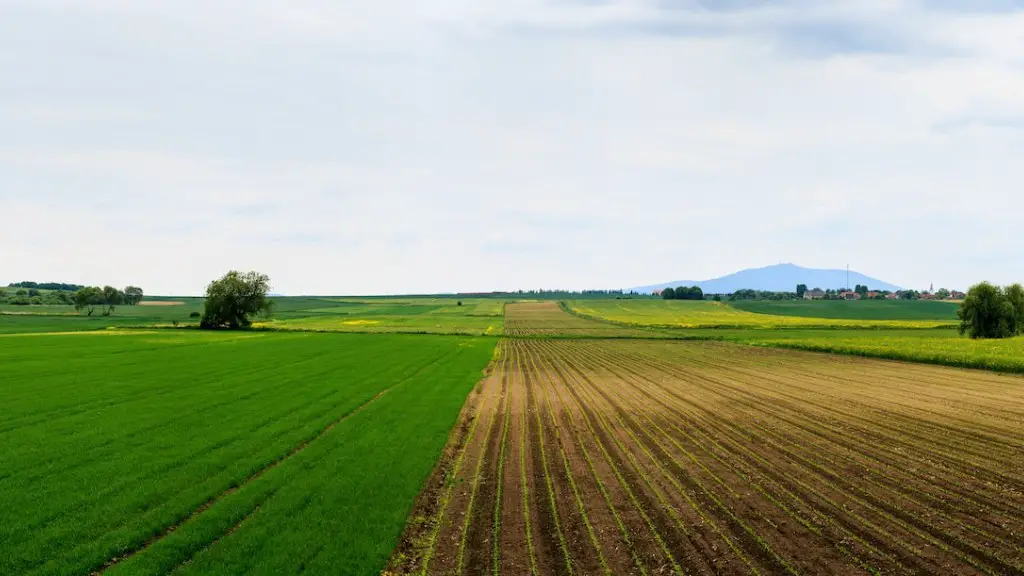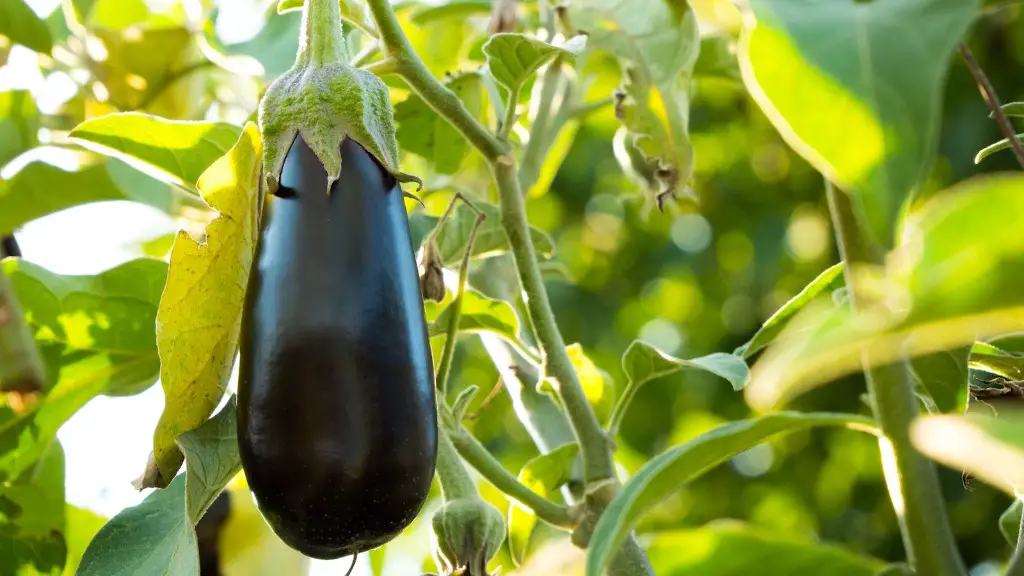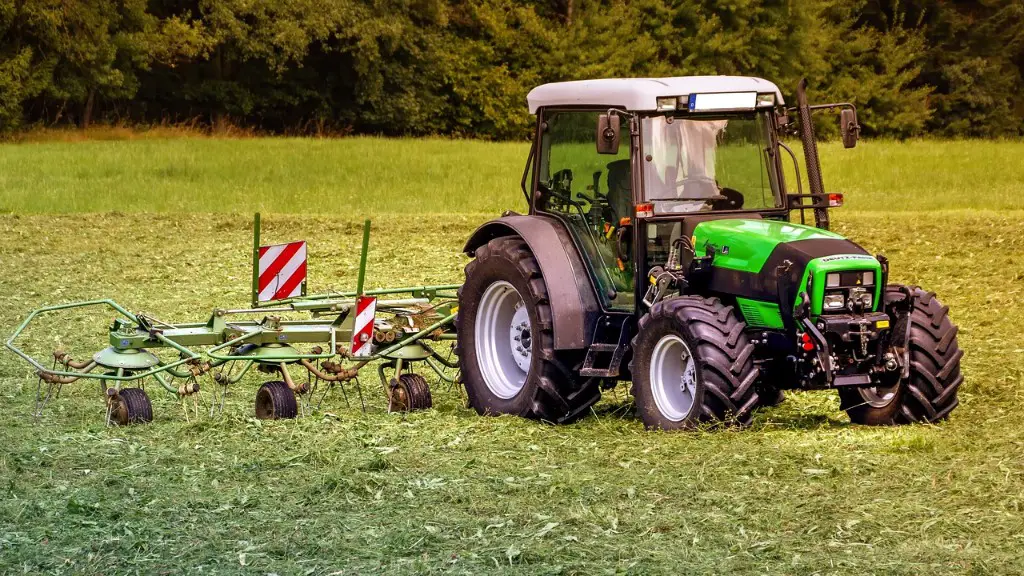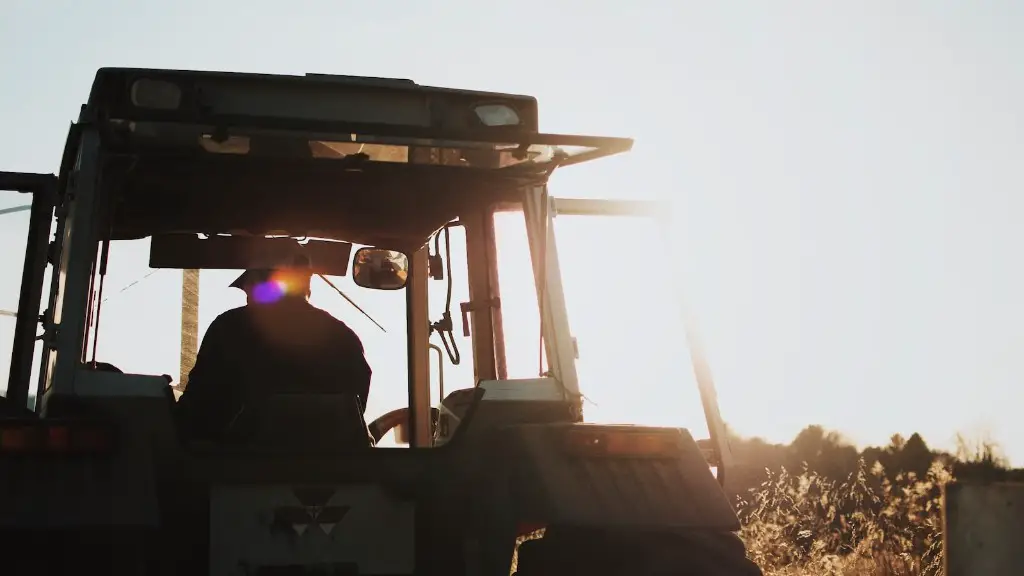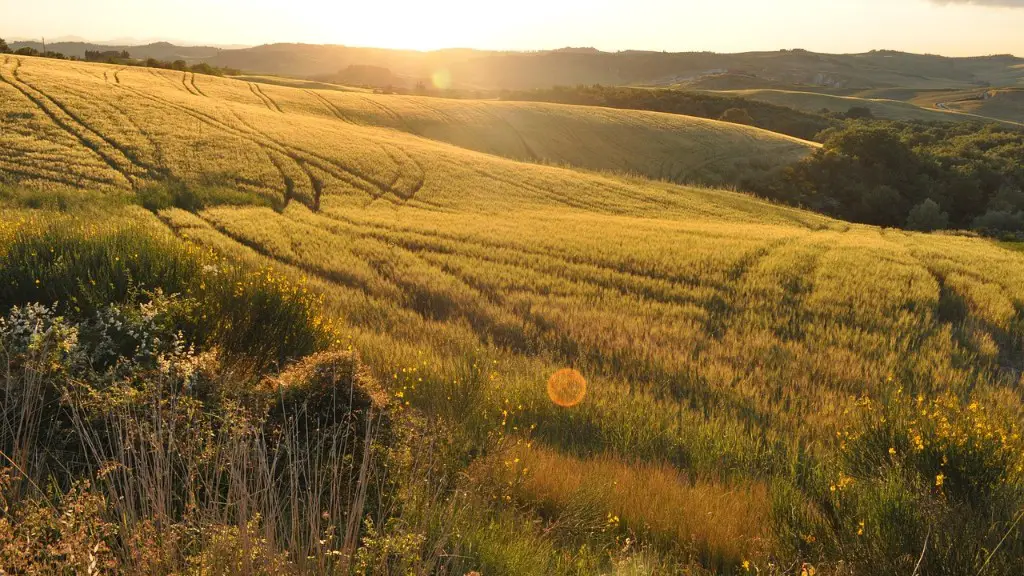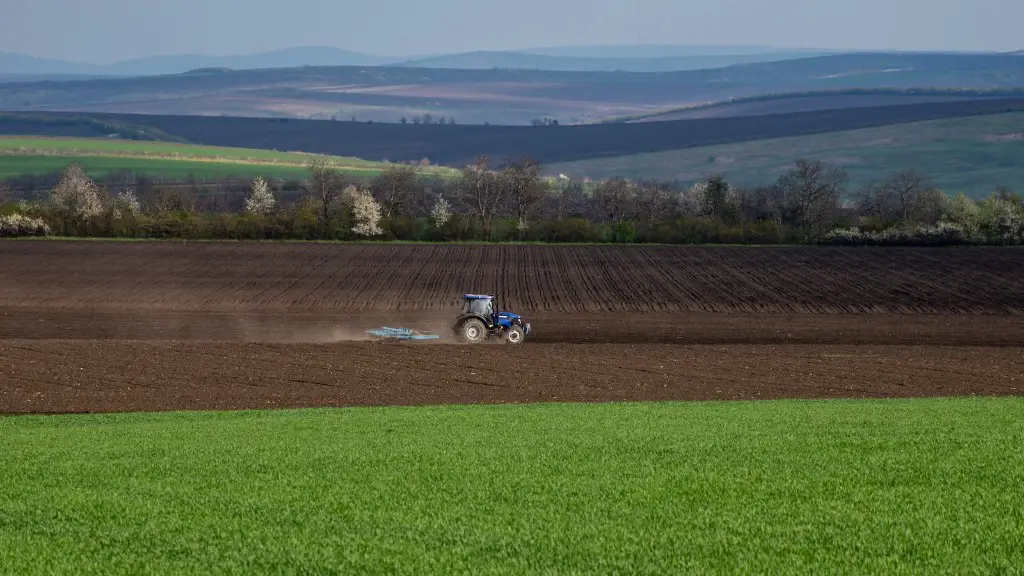The Roman god of agriculture was Ceres. She was the goddess of crops and fertility.
The roman god of agriculture was named Ceres.
Who was the god of agriculture?
Demeter is the Greek Goddess of Farming and Agriculture, and the daughter of Kronos and Rhea. She is the sister of Poseidon, the Greek God of the sea, and is responsible for the fertility of the earth. In some myths, she is also the mother of Persephone, the Queen of the Underworld.
Saturn was a god in ancient Roman religion, and a character in Roman mythology. He was described as a god of time, generation, dissolution, abundance, wealth, agriculture, periodic renewal and liberation. Saturn’s mythological reign was depicted as a Golden Age of abundance and peace.
Who is the Greek God of agriculture
Demeter was the goddess of agriculture and fertility. She was the daughter of Cronus and Rhea, and the sister of Zeus. She was the consort of Zeus, and the mother of Persephone. Demeter was the goddess of the harvest, and the protector of the fruits of the earth. She was also the goddess of marriage and motherhood.
Demeter is a goddess in Greek mythology who represents agriculture, fertile soils, fruit, grasses, and grains. She is sometimes referred to as a fertility goddess. Demeter comes from the Mediterranean region and is associated with the earth-mother tradition.
Is Apollo the god of agriculture?
Apollo is one of the most important and complex of the Olympian deities in classical Greek and Roman religion and Greek and Roman mythology. The ideal of the kouros (a beardless, athletic youth), Apollo has been variously recognized as a god of music, truth and prophecy, healing, the sun and light, plague, poetry, and more. Apollo is the son of Zeus and Leto, and has a twin sister, the chaste huntress Artemis.
Norman Ernest Borlaug was an American agricultural scientist, and humanitarian. He is considered by some to be the “father of modern agriculture” and the father of the green revolution. He won the 1970 Nobel Peace Prize for his life’s work.
Is Kronos the god of agriculture?
Cronus was the god of agriculture in Greek mythology. His festival, the Kronia, celebrated the harvest and resembled the Saturnalia. In art, he was depicted as an old man holding an implement, probably originally a sickle but interpreted as a harpē, or curved sword.
Dionysus was an important god in ancient Greek religion and mythology. He was the god of the grape harvest, winemaking, orchards and fruit, vegetation, fertility, festivity, insanity, ritual madness, religious ecstasy, and theatre. Dionysus was a popular god, and his cult was one of the most important and widespread in ancient Greece. His festivals were a time of joy and celebration, and his temples were places where people could escape the everyday world and experience something different.
Is Ares the god of agriculture
Ares was the Greek god of war and violence. He was the son of Zeus and Hera. Ares was known for his love of war and his bloodlust. Ares was also known for being cowardly and selfish.
In Roman religion, Ceres is the goddess of the growth of food plants, and she is worshiped either alone or in association with the earth goddess Tellus. Ceres’ cult was overlaid by that of Demeter at an early date, and Demeter was widely worshiped in Sicily and Magna Graecia.
Who are the Roman gods of plants?
Flora was the goddess of the flowering of plants in Roman religion. Titus Tatius is said to have introduced her cult to Rome; her temple stood near the Circus Maximus. The Floralia was a festival instituted in 238 bc in honor of Flora.
Tellus was an ancient Roman goddess who represented the earth. She was probably of great antiquity and was associated with the productivity of the earth. Later, she was identified with the mother-goddess Cybele. Her temple on the Esquiline Hill dated from about 268 BC.
Is Saturn the Roman god of agriculture
In Roman religion, Saturn was the god of sowing or seed. The Romans equated him with the Greek agricultural deity Cronus. Saturn was believed to be the father of Jupiter, who overthrew him.
Dionysus was a popular god in both Greece and Rome and was often associated with wine and ecstasy. He was also known as Bacchus or Liber Pater, and was responsible for fruitfulness and vegetation. Dionysus was an important god in Greco-Roman religion and his worship was widely practiced.
Who is the god of good harvest?
The Greek goddess of harvest is Demeter. She is also the goddess of agriculture and the cycle of life and death. Demeter is credited for creating the seasons, which was a result of her daughter, Persephone, being stolen by Hades.
Gods and goddesses of the agrarian world, like Demeter and Dionysus, were responsible for the health and bounty of the land and its people. They were also associated with aspects of the natural world, like the growth of plants and the cycles of the seasons. Other deities, like Hecate and Persephone, were chthonic goddesses of the underworld who presided over death and the afterlife. The god Hades was their lord and ruler. Plutus, the god of wealth, was another important figure in the agrarian pantheon.
Warp Up
The Roman god of agriculture was Ceres.
The Roman god of agriculture was known as Ceres. She was the goddess of grain crops, fertility and motherly love. She was also responsible for the harvest cycle.
